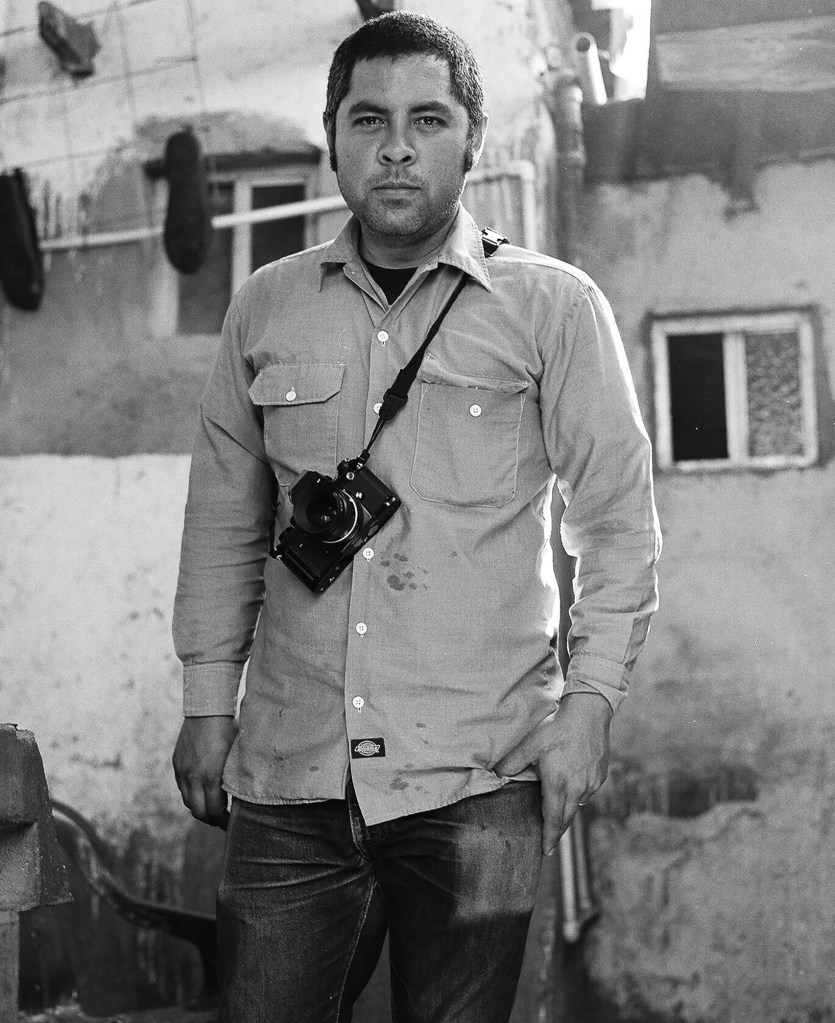Humanity Is Everywhere on the Migrant Trail: A Guest Post by Jason De León
From glimpses of top leaders to subsidiary smugglers to migrants’ lives before and after immigrating, 2024 National Book Award-winning author Jason De León breaks down cultural myths and stereotypes through a searing and empathetic portrait of the journey for seeking asylum. Read on for an exclusive excerpt from De León on writing Soliders and Kings.
Soldiers and Kings: Survival and Hope in the World of Human Smuggling (National Book Award Winner)
Soldiers and Kings: Survival and Hope in the World of Human Smuggling (National Book Award Winner)
In Stock Online
Hardcover $32.00
An intense, intimate and first-of-its-kind look at the world of human smuggling in Latin America, by a MacArthur “genius” grant winner and anthropologist with unprecedented access.
An intense, intimate and first-of-its-kind look at the world of human smuggling in Latin America, by a MacArthur “genius” grant winner and anthropologist with unprecedented access.
Why write a book about smugglers?
This was a question often posed to me during the nine years of researching and writing that culminated in Soldiers and Kings: Survival and Hope in the World of Human Smuggling. For me, the answer was two-fold. Smuggling is a crucial component of undocumented migration around the world and yet we know little about its innerworkings. I wanted Soldiers and Kings to fill that gap in our knowledge. Keep in mind that few writers or researchers have attempted to paint the complexities of human smuggling, and for good reason. It is a dangerous and difficult world to access, and one filled with brutality, exploitation, and heartbreak. However, by ignoring the intricacies of smuggling we are left with overly simplistic understandings of this global service economy. Even worse, many confuse human smuggling with human trafficking. People who are trafficked have that happen against their will. People who are smuggled are paying someone to transport them to a new country. Understanding that human smuggling is a service provided to millions of paying customers each year is perhaps an important step towards improving our understanding of the migration crisis that gets worse every year.
On a personal level, I was chasing the story of smugglers for a different reason. While doing anthropological fieldwork in the jungles of southern Mexico, I befriended a young Honduran kid named Roberto who was making a little cash helping migrants evade immigration enforcement while on their way to the U.S./Mexico border. Roberto himself had failed to get to the U.S. He was now stuck on the migrant trail acting as a guide for his fellow Central Americans chasing a better future. He shared his harrowing story with me and confided that he wanted to get away from the life he was living. A few months after we met, he was murdered by a fellow smuggler. I promised Roberto I would tell his story and that was the driving force behind this book.
Over the many years I spent working on Soldiers and Kings I came to ask myself my own question: What are people worried about discovering if we look too closely at the human smuggling industry? I settled on a few answers. First, I think that some worried that if we looked at smugglers as human beings who were caught up in a brutal and exploitative industry, it could be difficult to demonize them and in this current global migration crisis, people want scapegoats. Smugglers are easy strawmen to blame for various societal ills, but I argue that they are not the problem. They are a symptom of capitalism, inequality, political corruption, climate change, and the Global North’s insatiable appetite for cheap labor. Second, I began to consider the fact that if we think of human smuggling as a service industry that caters to the needs of migrants and those who capitalize on their labor, it would not be much of a stretch to see how American consumers are also implicated in this business that brutalizes countless people on a daily basis.
My hope is that by learning about the lives and deaths of people like Roberto and others caught up in the wicked game of human smuggling, readers can see that humanity is everywhere on the migrant trail, even in the darkest places.

Photo Credit: Michael Wells
